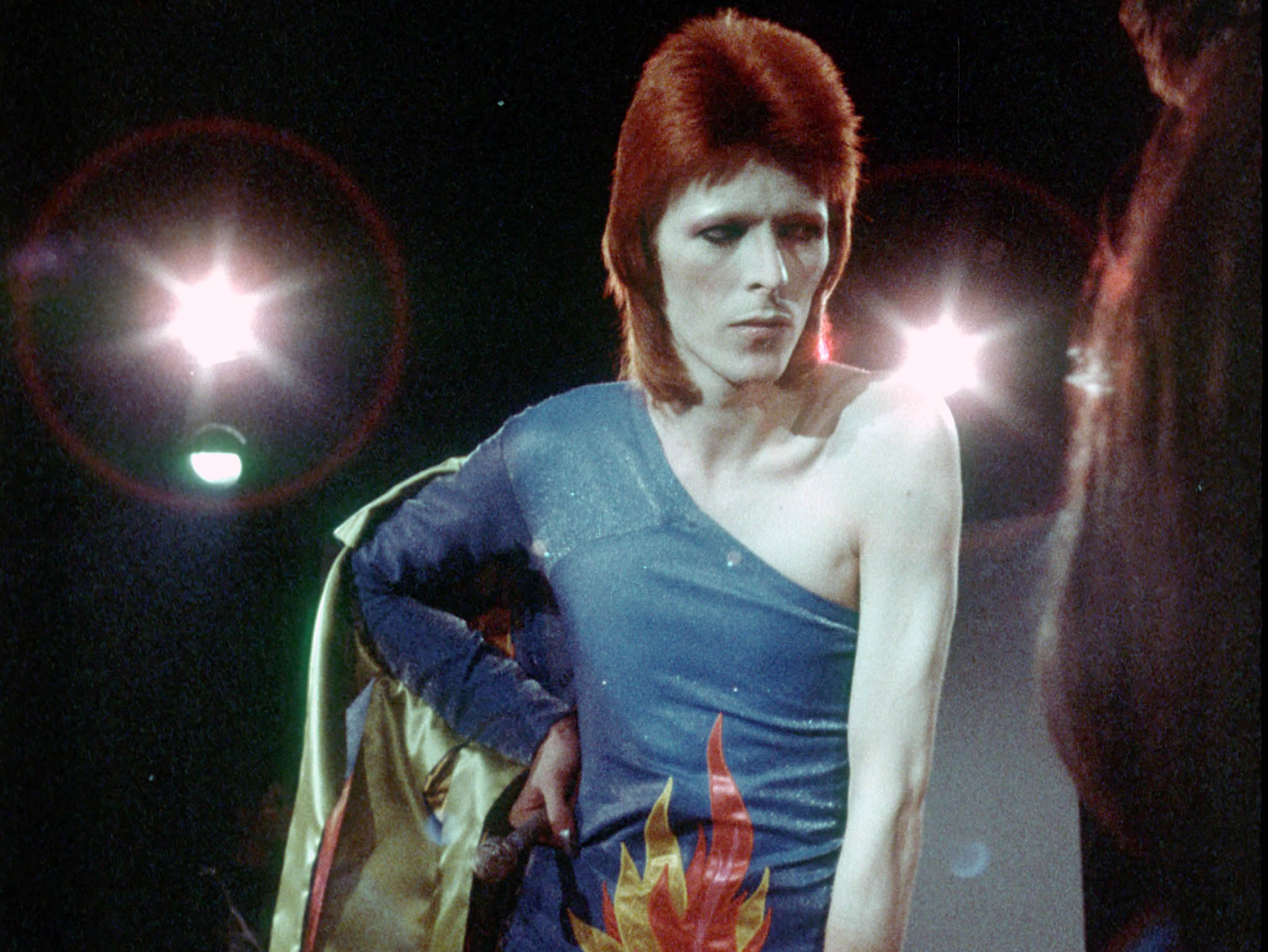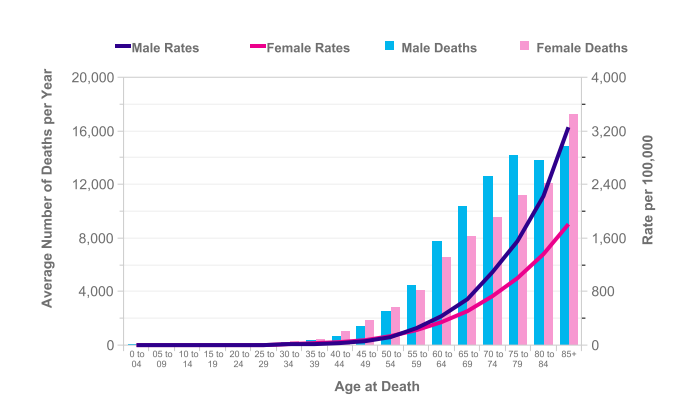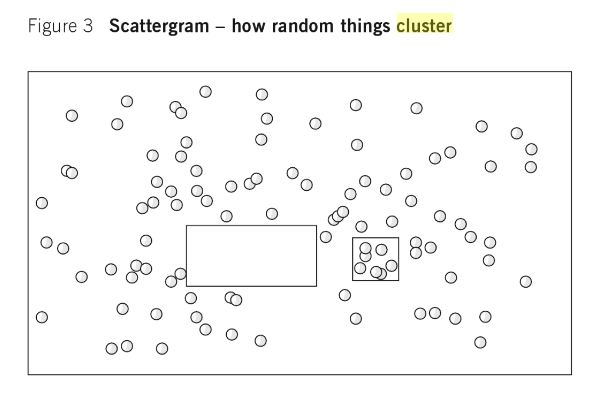The Independent's journalism is supported by our readers. When you purchase through links on our site, we may earn commission.
If you think more celebrities are dying young this year, you’re wrong – it’s just a trick of the mind
When we hear of a death, we summon up a mental image of the young star. It’s the discrepancy that amplifies the shock and makes it feel unusual


Has this been a particularly bad year for celebrity deaths? The answer seems obvious: David Bowie, Alan Rickman, Terry Wogan, Paul Daniels, Victoria Wood, Ronnie Corbett – and, at the end of last week, Prince.
They are all big stars (some of them culturally significant global superstars) who seem to have passed away ahead of their time - and all in the first four months of 2016. “Just what on earth is going on this year?” I’ve heard a lot people ask. “Why are so many dying?”
It does seem, on the face of it, like an unusually cruel few months for popular culture. But is it statistically unusual? The answer is: almost certainly not.
It’s not clear yet how Prince died, but Bowie, Wogan, Rickman, Daniels and Wood all had cancer. There’s a big increase in the incidence of cancer deaths when people pass the age of 50. For men, it doubles from 60 in every 100,000 to 120 in 100,000. For women it rises almost as much, going from 80 in 100,000 to 136 in 100,000.
And the risk of dying of cancer rises exponentially thereafter. For men aged between 70 and 74 it is 1,000 in 100,000, and 700 in 100,000 for women.

All these stars were well above 50, having made their names in the 1960s, 70s and 80s when pop music and television were in their heyday, before the internet balkanised the popular consumption of culture. If one considers the burgeoning size of the celebrity population who have made it to half a century, it’s not surprising that a rising number of big names will die each year from cancer.
But that’s not all there is to this. Perhaps a form of the “Jastrow Illusion” (identified by the American psychologist Joseph Jastrow in the 19th century) is at work here too.
As some viral videos have been demonstrating in recent weeks, placing two identically-proportioned pieces of curved track next to each other (if done in a certain way) can make one piece appear much longer than the other, even though it isn’t. That’s because the human eye naturally compares the longer side of one curve to the shorter side of the other, creating a powerful optical illusion of a size difference.
Something similar may be happening with celebrity deaths. Because of the longevity of their careers, we tend to remember them from when they were considerably younger (this is especially true of pop stars such as Prince and Bowie).
Many have a vivid mental image of the artist or performer from when they were breaking through. And it’s this mental image of the young star that we summon up when we hear the news report of their death – and which is reinforced when the media reproduces images of them from earlier years.
It’s as if a much younger person has died. It’s the discrepancy that amplifies the shock – and makes the death feel unusual.
But what about the clustering? Isn’t that statistically odd? Again, not really.
The BBC Radio programme More or Less examined this very question, counting the number of obituaries of celebrities across all BBC platforms in the period between January and March in each of the past four years. On the face of it, this method did seem to suggest there has been something unusual about this year. In 2012, there were five big celebrity obituaries. That rose to eight in 2013; 11 in 2014; 12 in 2015. And the same period this year? 24: double the number a year earlier.
Yet, in statistical terms, there is nothing particularly surprising about that pattern.
Imagine you threw the contents of a bag of rice in the air and it fell onto a thick carpet. What would you see if you looked down? The grains certainly wouldn’t be evenly distributed. There would be little clumps of grains here and there. There might well be a large concentration or two.

That’s what chance does. If one were to draw a regular grid over the area of carpet and to call each division a “year” you would find some years contain much more rice in them than others. It’s the same with celebrity deaths.
As Andrew Dilnot and Michael Blastland argue in their excellent book The Tiger That Isn’t, we humans have a natural tendency to discern patterns and meaning in life where there is nothing going on but simple and random chance.
A spate of cancers in a small town? It must be some poisonous chemical in the water supply, or the effects of a local mobile phone mast. In fact, given the national incidence of cancers, a statistician would fully expect some places to have much more than their “fair share”.
A run of news stories about children savaged by dogs? Dogs are getting more dangerous. A succession of plane crashes? Foul play. But not necessarily. You would expect random spikes in numbers for such incidents.
This is not to say that there is never a sinister underlying cause to be found in the phenomena of the world. Sometimes the water is poisonous. Sometimes there is foul play.
Nor does it mean that we should not take action over dangerous dogs. And it certainly doesn’t mean that we shouldn’t feel depressed at the passing of so many cultural heroes in such short succession.
But it’s also worth remembering just how often we get fooled by randomness.



Join our commenting forum
Join thought-provoking conversations, follow other Independent readers and see their replies